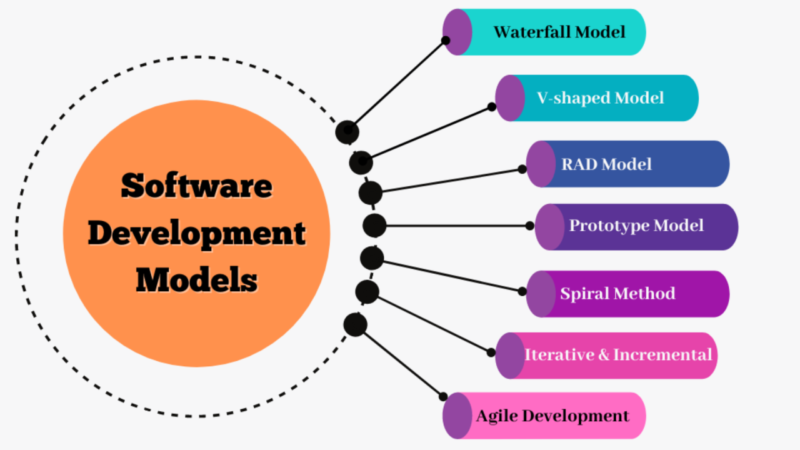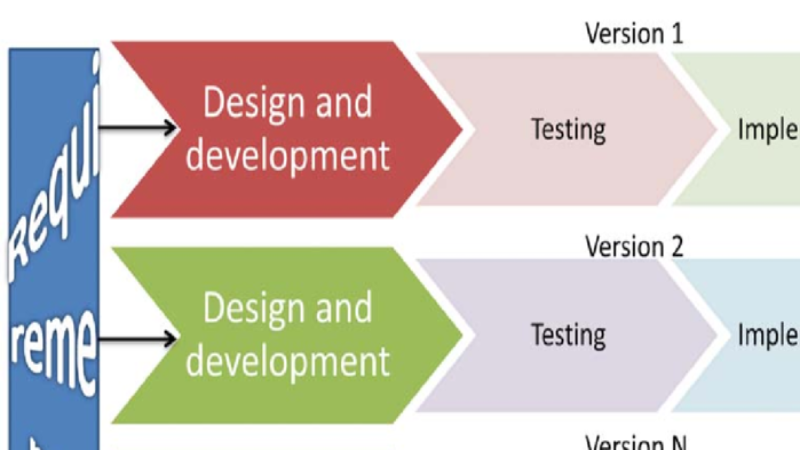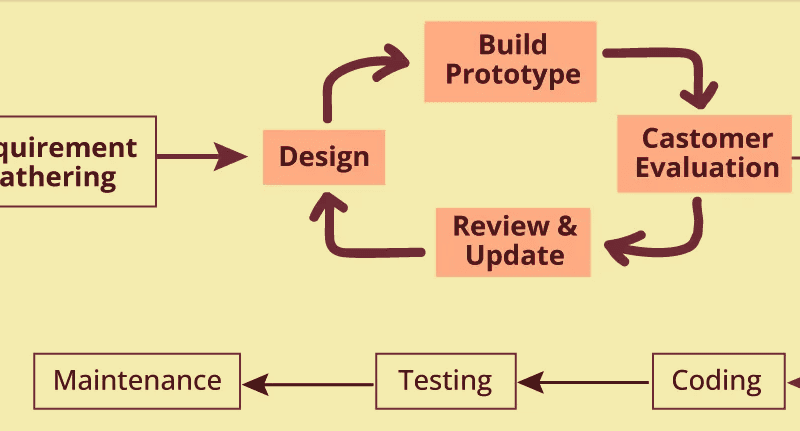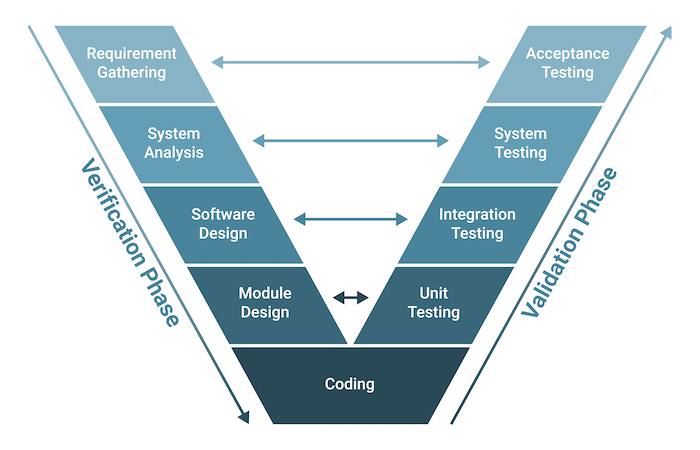Introduction to Software Engineering

What is Software Engineering?
Software Engineering involves the systematic process of designing, developing, testing, and maintaining software. Its aim is to create high-quality, reliable, and maintainable software through a structured and disciplined approach.
It encompasses a variety of techniques, tools, and methodologies, such as requirements analysis, design, testing, and maintenance. With the rapid evolution of the field, new tools and technologies are regularly introduced to enhance the software development process.
By adhering to software engineering principles and using the appropriate tools and methodologies, developers can produce reliable software that meets users’ needs. Software Engineering is particularly applied in large-scale projects involving complex systems, rather than single programs or applications. Its primary goal is to improve software quality, efficiency, and budget management while ensuring timely delivery.
Software Engineering ensures that software is built correctly, within budget, on schedule, and in line with required specifications.
Key Principles of Software Engineering:
- Modularity: Dividing the software into smaller, reusable components that can be independently developed and tested.
- Abstraction: Hiding the internal implementation details while exposing only the necessary functionality.
- Encapsulation: Protecting the internal state of an object by bundling data and functions into a single unit.
- Reusability: Designing components that can be reused in multiple projects, saving time and resources.
- Maintenance: Regularly updating the software to fix bugs, add new features, and improve security.
- Testing: Ensuring that the software meets its requirements and is free of errors.
- Design Patterns: Providing templates for solving common problems in software design.
- Agile Methodologies: Using iterative, customer-focused development processes that emphasize flexibility and fast delivery.
- Continuous Integration & Deployment: Regularly integrating and deploying code changes into production environments.
Main Attributes of Software Engineering:
Software Engineering takes a systematic, quantifiable approach to the design, development, and maintenance of software systems. Key attributes include:
- Efficiency: Measures how effectively a software product uses resources.
- Reliability: Ensures consistent results in similar working conditions.
- Reusability: Enables the reuse of components across multiple projects.
- Maintainability: Allows for easy modifications or enhancements as requirements change.
Dual Role of Software:
- As a Product:
- Delivers computing power through hardware networks.
- Enables hardware to function as expected.
- Acts as an information processor by producing, managing, and transmitting data.
- As a Vehicle for Delivering a Product:
- Provides system functionality (e.g., payroll systems).
- Controls other software (e.g., operating systems).
- Supports the development of other software (e.g., software development tools).

I am a versatile digital marketing professional with expertise in Search Engine Marketing (SEM), Content Marketing, Blogging, Advertising, Brand Marketing, Digital Marketing, Search Engine Optimization (SEO), and Social Media Marketing. My skill set allows me to create strategies that enhance online visibility, drive traffic, and foster brand loyalty.






